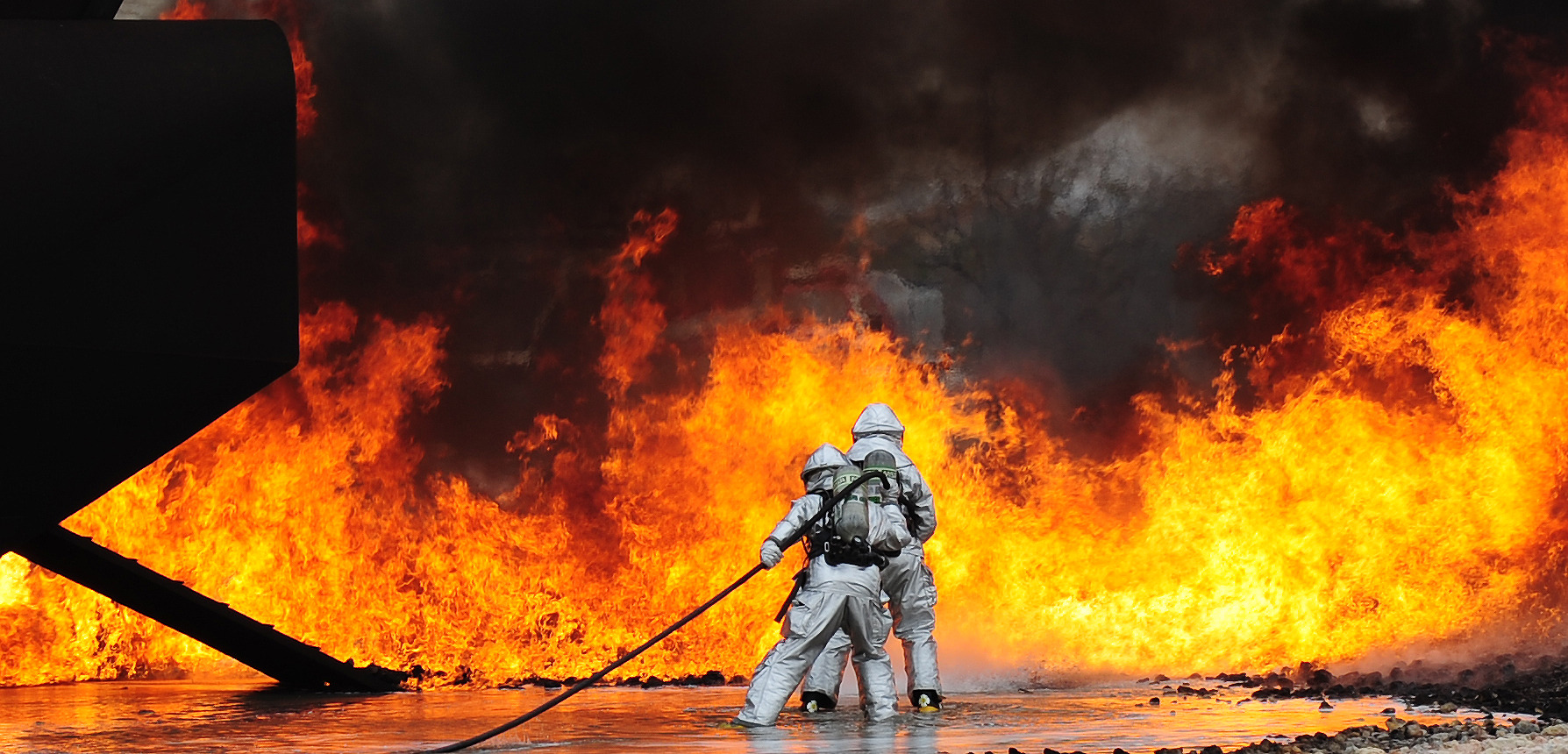COVID
Or, How to Stay Safe & Save the World at the Same Time
Hey all. Seems like it’s getting tough out there.
Seems like shit is getting really real, really fast.
I’m here in New York, doing ICU transfers for one of the hospital systems, and I can’t lie to you… it’s bad.
We’re storing bodies in refrigerated trailers because the morgues are full.
The City is reopening potter’s fields and digging mass graves.
Hundreds of people a day are dying. Soon, thousands.
Mostly older. Some previously-healthy adults. Mercifully, not many kids.
It’s real, and it’s bad.
But I promise you, the world is not ending.
And I also promise you this post will end with HOPE, even if it’s hard to read.
But I want to talk about something… a misconception I’ve been seeing over and over again.
LISTEN TO THE DAMN MEDIC!
~529










